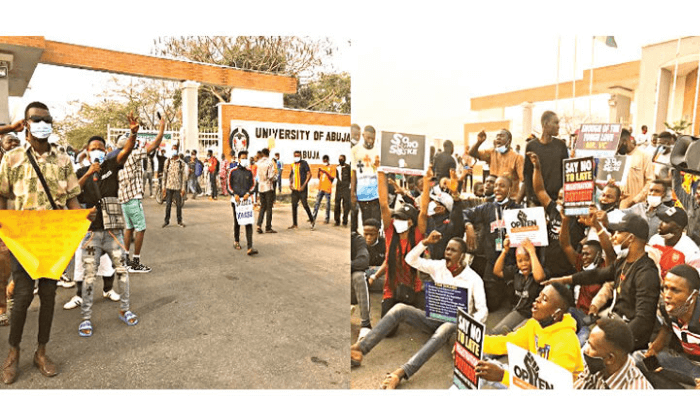Nigerian Students under the umbrella of the National Association of Nigerian Students (NANS) are pushing for significant amendments to the proposed student loan legislation, aiming to extend the repayment period to five years. Additionally, they are advocating for the inclusion of study grants in the bill intended to establish the Nigeria Education Loan Fund (Nelfund).
During a public hearing on the repeal and re-enactment of the 2024 Students Loan Access to Higher Education Bill, Lucky Emonele, President of NANS, highlighted the challenges graduates face regarding unemployment after completing their education. Emonele emphasized that the initially proposed two-year repayment period, following the National Youth Service Corp (NYSC), was not feasible. He pointed out that less than 10 percent of Nigerian graduates secure employment immediately after NYSC, rendering the two-year repayment period unrealistic.
Moreover, Emonele argued that introducing stimulus grants would incentivize more students to pursue higher education while alleviating the financial burden associated with loans. He drew attention to the substantial allocation of funds by the Federal Government to public tertiary institutions through the Tertiary Education Trust Fund (TETFund), suggesting that students should not be treated differently in terms of financial support.
Furthermore, Emonele appealed to the National Assembly to prevent arbitrary increases in school fees by management of tertiary institutions, stating that the provision of a loan scheme should not be used as justification for fee hikes. He urged lawmakers to pass a resolution prohibiting public tertiary institutions from raising school fees for the next decade.
In response, Muntari Dandutse, Chairman of the committee overseeing the legislation, acknowledged the urgent need for improved access to quality higher education in Nigeria. He assured stakeholders that the revised bill would address these concerns and work towards creating a more equitable education system.






